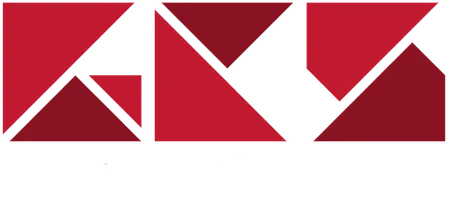GCS StuCo: Introduction to Game Development in Unity (98-127)
Course Description
This course is intended to be the definitive introduction to the Unity game engine. Students will learn all the major skills necessary for game development, from scripting, asset pipelines to sound integration among others, and leave the course with sufficient foundation to confidently pursue more advanced topics in any specialization of their choice related to game development in Unity.
This course is, however, NOT a game design course, and will not go into topics such as design documents, scoping, character, environment, level or narrative design.
Previous Course Iterations: Spring 2019, Fall 2019, Spring 2020, Fall 2020, Fall 2021
StuCo
Tuesdays @7:00pm-8:50pm
DH 1112
Office Hours
By appointment via Discord
Instructors
Schedule
| Jan 13 | Recording | |
| Jan 20 | Recording | |
| Jan 27 | Recording | |
| Feb 3 |
Assignment 1 DUE
|
Recording |
| Feb 10 | Recording | |
| Feb 17 |
Assignment 2 DUE
|
Recording |
| Feb 24 |
Assignment 3 DUE
Assignment 4 OUT
Final Project OUT
|
|
| Mar 10 |
Intermediate Scripting
Assignment 4 DUE
|
|
| Mar 17 |
Procedural Animation
|
|
| Mar 24 |
Advanced Player Controller
|
|
| Mar 31 |
Enemy AI
Final Project Checkpoint
|
|
| Apr 7 |
Programming Patterns
|
|
| Apr 14 |
Networking
|
|
| Apr 21 |
World Streaming
Final Project DUE
|
Homework
| Assignment 1 |
| Assignment 2 |
| Assignment 3 |
| Assignment 4 |
| Final Project |
Course Goals
Upon successful completion of this course, students should be able to:
- Understand the role of common windows in the Unity Editor, including but not limited to the Scene, Project, Console, Game, Hierarchy and Inspector windows.
- Explain what an entity component system is and how it differs from object oriented programming.
- Build custom components to drive gameplay behaviour by inheriting from Unity’s Monobehaviour class and accessing other built-in Unity components such as the Transform, Rigidbody or Collider components.
- Create, import and implement assets with animations, both 2D and 3D.
- Create custom shaders and visual effects using Unity’s Shader Graph package and ParticleSystem component
- Implement sound using FMOD and Unity’s built-in sound system
Office Hours
Reach out in the via Discord with any questions you may have. Feel free to DM any of the instructors as well with your questions! We can also arrange to meet in voice chat to work through your problems.
Final Project
On top of what has been implemented in the assignments, students are expected to implement 2 additional features of choice from a provided list. Everything should then be consolidated and extended into a playable game. Students have the option of either designing their own game or implementing a design provided by the course. Students are expected to submit a build of their game as well as a short writeup describing the additional features they’ve chosen to implement. All work is expected to be completed individually.
